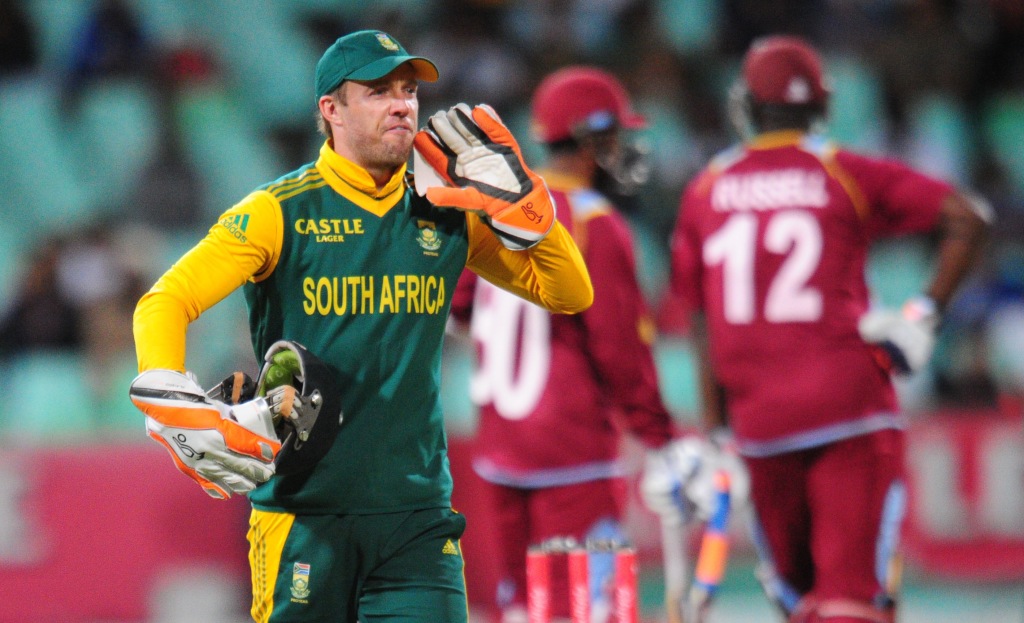The debate around Quinton de Kock’s place in the team has been made worse by South Africa’s obvious reluctance to use AB de Villiers as a wicketkeeper at the World Cup, writes Kobus Pretorius.
De Kock has been horribly out of form with the bat, having a highest score of just 12 in South Africa’s five pool matches to date. But there is considerable resistance to dropping him and giving De Villiers the big gloves, with officials pointing to De Villiers’ skills as a fielder and his responsibility as captain.
It seems the only scenario in which De Villiers would take over the role, is if De Kock were to get injured again.
If it is true that they will not use De Villiers as a wicketkeeper, then why did the selectors effectively only pick one keeper in the World Cup squad? And one who, before the World Cup started, had been sidelined for almost two months with an ankle injury.
Surely there was every risk that De Kock wouldn’t be up to scratch after being rushed back so quickly. If De Villiers is the back-up plan, why are they persisting with De Kock?
Former Proteas captain Graeme Smith, talking to radio station 702, said South Africa are looking for a quick solution to the De Kock problem.
‘He [Quinton] is your long-term future,’ said Smith.
‘He’s going to have a great future for South Africa. But do you [the selectors] in the short term go for someone who is in form, who’s going to win you the quarter-final, or do you back him against UAE and hope he gets runs?
‘That is the fundamental decision the selectors are facing. They know he can play and he can get runs but he is horribly out of form.
‘So do you take him out of the space, give him a break and let someone else like Rilee Rossouw, who is batting well, go to the top and add some substance there, and give Quinny a go maybe later in the tournament or when we come back home?’ Smith asked.
South Africa look likely to face Sri Lanka in the quarter-finals, and Smith believes the Proteas can beat them if they use the next 10 days well.
‘There’s enough quality and enough match-winners in that team that can beat anybody in a quarter-final,’ he said.
‘There are so many stories in the World Cup of teams that just qualified, or just scraped through on a run-rate thing and ended up going on to win the World Cup. Think about Pakistan in 1992. It’s about performing at the right time.
‘It’s so important, in the next 10 days, that the guys make the right decisions, gets their heads in the right space, focus on what’s important and how to win games, and go and do it. That’s ultimately what they should focus on.’







